| 3D rendering by Korea Zinc’s Australian subsidiary, Ark Energy, of the Richmond Valley battery energy storage system and solar power project in New South Wales, Australia (Ark Energy) |
Korea Zinc’s Brisbane-based renewable energy arm, Ark Energy, has secured the Australian government’s approval for its AU$1.1 billion ($713.8 million) battery energy storage system and solar power project, expanding its global footprint across the clean energy market.
According to Korea Zinc on Wednesday, Ark Energy’s proposed Richmond Valley battery ESS (BESS) and solar power project has received planning approval from the New South Wales state government.
With the green light secured, Ark Energy plans to accelerate construction of the integrated BESS and solar power facility, targeting commercial operations in the second half of 2027. The lithium iron phosphate battery system will deliver 275 megawatts of power and store up to 2.2 gigawatt-hours of energy, enabling eight hours of continuous discharge of stored renewable electricity.
Once completed, the facility will provide stable electricity to about 175,000 households annually across New South Wales. To ensure reliable charging with renewable energy, a 200 MW solar power plant will be built alongside the BESS, which is expected to cut carbon emissions by roughly 370,000 tons annually.
Ark Energy will carry out the project under a build-own-operate model, overseeing its construction, operation and ownership. Of the total investment of about AU$1.1 billion, batteries supplied by Hanwha Energy will make up roughly 52 percent of the cost.
This marks Ark Energy’s second project in New South Wales to win government approval, following the first-phase Bowmans Creek Wind Farm cleared earlier this year. Notably, the company seeks to expand its renewable energy portfolio across New South Wales, Queensland and Tasmania.
The New South Wales government plans to phase out coal-fired power by 2028 and shift entirely to renewable energy generation. As part of this transition, the state is promoting the rollout of “long-duration storage” BESS facilities to enhance grid stability.
In December 2023, Ark Energy was chosen as a preferred developer under the state’s Long-Term Energy Service Agreements program. This allowed it to serve as a designated operator for 14 years after commissioning and to participate in ancillary service markets, thereby securing a stable revenue base.
Korea Zinc Chair Choi Yun-birm stated, “The Richmond Valley project serves as a model of Korea-Australia collaboration toward a shared vision of green energy transition. We will make every effort to ensure the completion of the BESS and solar power facilities in line with the global drive for carbon neutrality.”
Separately, Korea Zinc is ramping up investments in strategic minerals to enhance resource security and strengthen global supply chain resilience. Building on its germanium production facility in Ulsan, the company recently unveiled plans to establish a gallium recovery plant, broadening its portfolio of critical materials used in semiconductors, telecommunications, energy, defense and clean technology industries.

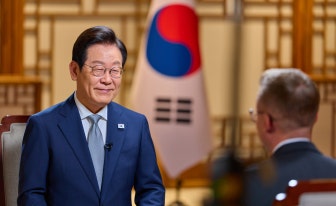


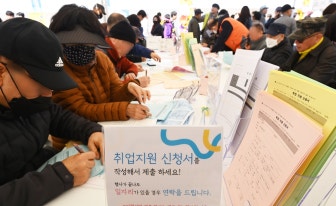
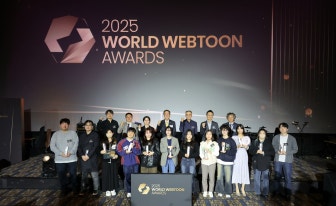
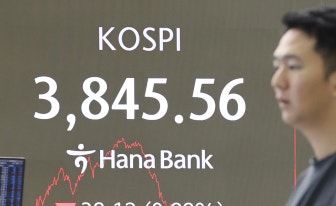



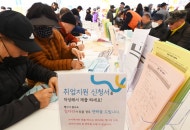
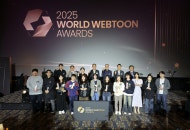
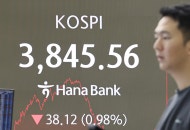


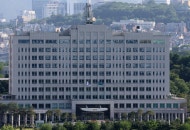
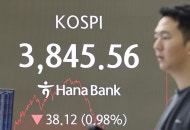




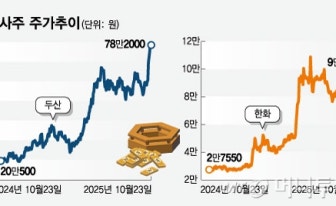











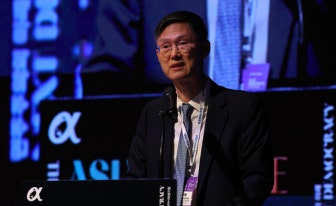

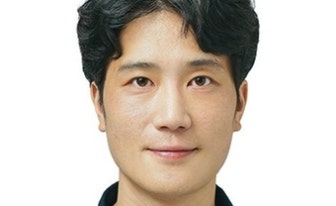



















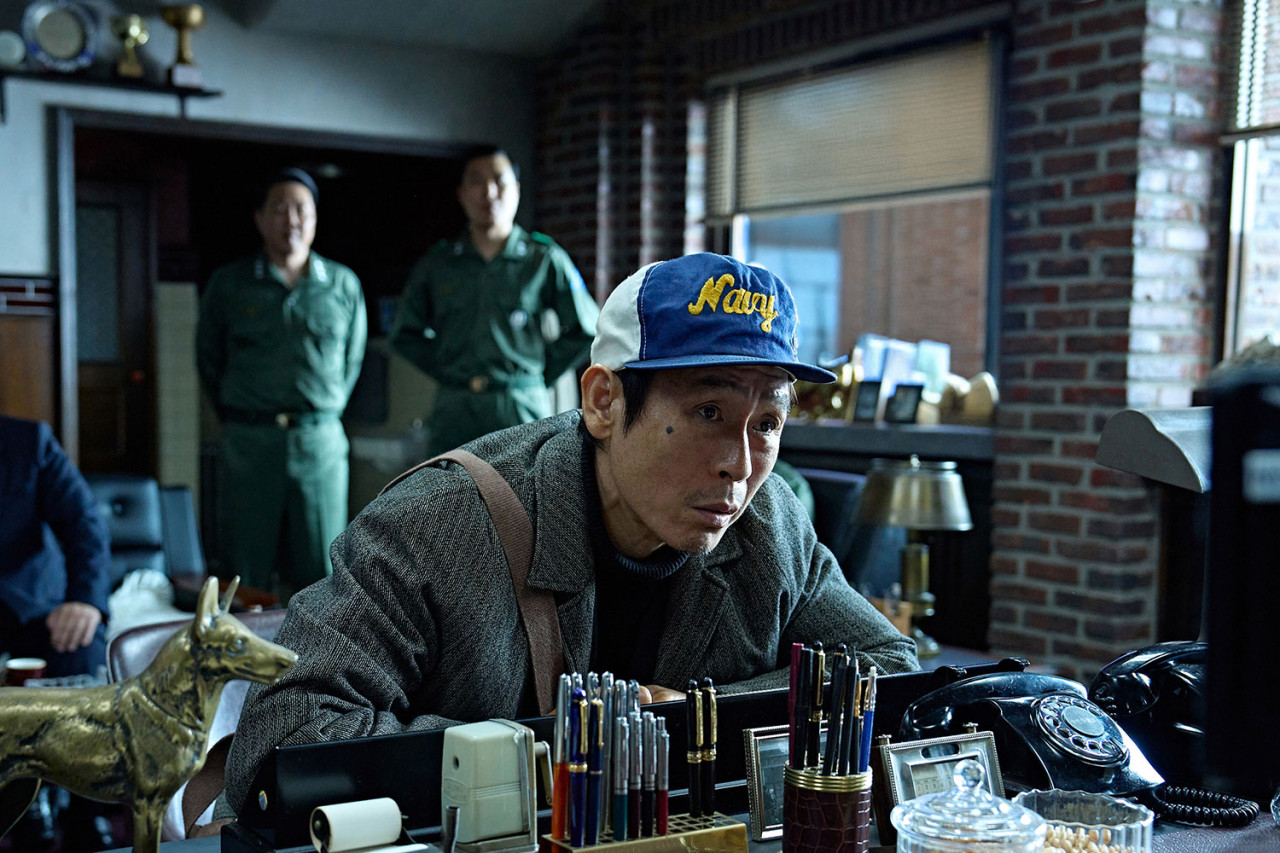.jpg?type=nf190_130)



